IV Therapies: A Modern Approach to Combatting Sickness
In today's fast-paced world, maintaining optimal health is more crucial than ever. With the emergence of innovative health solutions, IV therapies have garnered significant attention for their role in combating various illnesses and enhancing overall well-being. This blog post delves into the world of IV therapy, highlighting its benefits, uses, and key components in the context of sickness and health maintenance.
What is IV Therapy?
IV therapy, or intravenous therapy, is a method of administering fluids, electrolytes, vitamins, and medications directly into the bloodstream through an IV drip. This method ensures fast absorption and effectiveness, offering quick relief from various ailments.
The Role of Hydration and Electrolytes
Hydration is at the core of IV therapy. IV fluids, enriched with essential electrolytes like magnesium and calcium, help maintain the body's fluid balance, crucial for optimal functioning of cells and organs.
Boosting the Immune System
IV treatments often include components like vitamin C, B complex vitamins, and glutathione, known for their immune-boosting properties. These elements help strengthen the immune system, making it more effective in fighting off illnesses like the common cold and flu symptoms.
IV Treatment for Specific Conditions
IV drip therapy is versatile, catering to different needs:
Hangovers: A combination of hydration, electrolytes, and vitamins provides fast relief from hangover symptoms.
Migraines: Magnesium and B complex in IV treatments can alleviate migraine symptoms.
Energy Levels and Weight Loss: Components like B12 and Myers' cocktail can boost energy levels and aid in weight loss efforts.
Common Cold and Flu Relief: High dose vitamin C and other antioxidants in IV therapy help alleviate flu symptoms and sore throat.
The Significance of Vitamins and Antioxidants
Vitamins like vitamin D, B12, and vitamin C, along with antioxidants like glutathione, play a pivotal role in IV therapies. They aid in detoxification, improve energy levels, and support the immune system.
Understanding the Process and Safety
Intravenous Method: The therapy involves inserting an IV line, usually in the arm, to deliver the IV infusion.
Supervised by Medical Professionals: It's crucial to have IV therapies administered by a healthcare professional to ensure safety and efficacy.
Awareness of Side Effects: While IV therapies are generally safe, awareness of potential side effects is essential.
Mobile IV Therapy: Convenience at Your Doorstep
Mobile IV services have become increasingly popular, bringing IV vitamin therapy and immune boost treatments directly to your home or office in places like California.
The Advantages Over Oral Medications
IV therapy works faster and is more effective than oral medications, especially for conditions that require fast relief, like migraines or hangovers.
When to Consider IV Therapy
IV therapy is beneficial for a wide range of conditions, including:
Dehydration
Immune system support
Digestive system issues
Flu symptoms and common cold relief
Energy boosts and weight loss
IV Therapy vs. Emergency Room
For non-emergency situations, IV therapy can be a more efficient and comfortable alternative to visiting the emergency room.
The Future of IV Therapies
The potential of IV therapies in healthcare is vast, with ongoing research and developments. From providing essential nutrients and vitamins to offering fast relief from sickness, IV therapy stands as a testament to modern medical advancements.
Conclusion
IV therapies offer a unique and effective way to enhance health and combat sickness. By understanding how this therapy works and its benefits, individuals can make informed decisions about incorporating IV therapy into their healthcare regimen, always under the guidance of a qualified medical professional.
Medically Reviewed By: Dr. Taylor Graber
